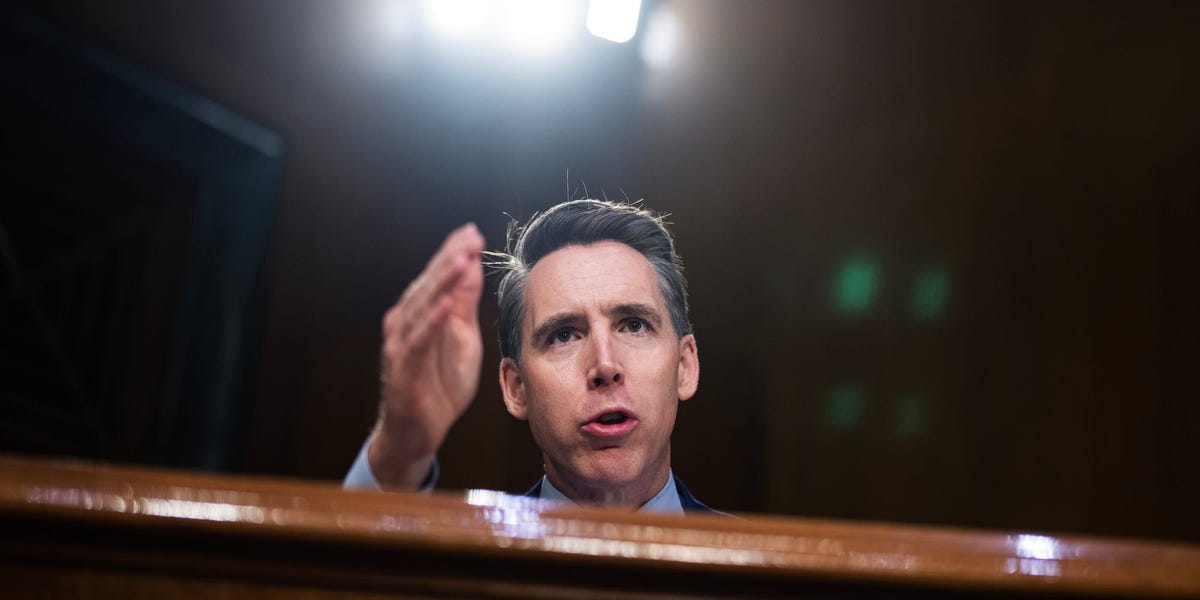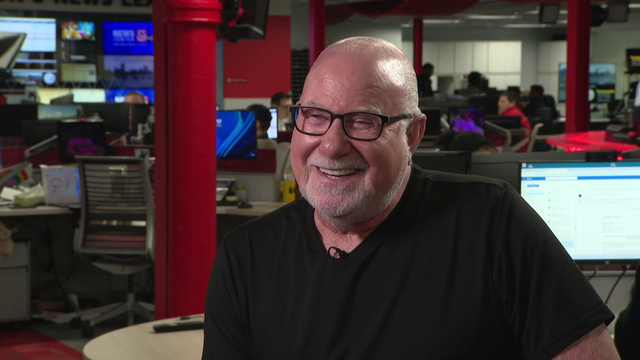Autonomous Vehicles Beware: Hawley Declares War on Driverless Technology

In a bold move that's sure to spark debate in the tech and automotive industries, Senator Josh Hawley is taking aim at autonomous vehicle technology. The Missouri Republican is preparing to introduce legislation that would implement a nationwide ban on driverless cars, signaling his deep skepticism about the safety and practicality of self-driving vehicles.
In a candid interview with Business Insider, Hawley expressed his concerns about the potential risks associated with autonomous vehicles. He argues that the technology poses significant safety challenges and could potentially compromise public transportation safety.
The proposed bill represents a direct challenge to the growing autonomous vehicle industry, which has been investing billions of dollars in developing self-driving technology. Major tech companies and automotive manufacturers have been pushing forward with autonomous vehicle research, believing it could revolutionize transportation.
Senator Hawley's stance highlights the ongoing tension between technological innovation and safety concerns, promising to ignite a national conversation about the future of transportation and the role of autonomous vehicles in American society.
As details of the bill emerge, transportation experts, tech companies, and safety advocates are likely to closely scrutinize the proposed legislation and its potential implications for the future of mobility.








